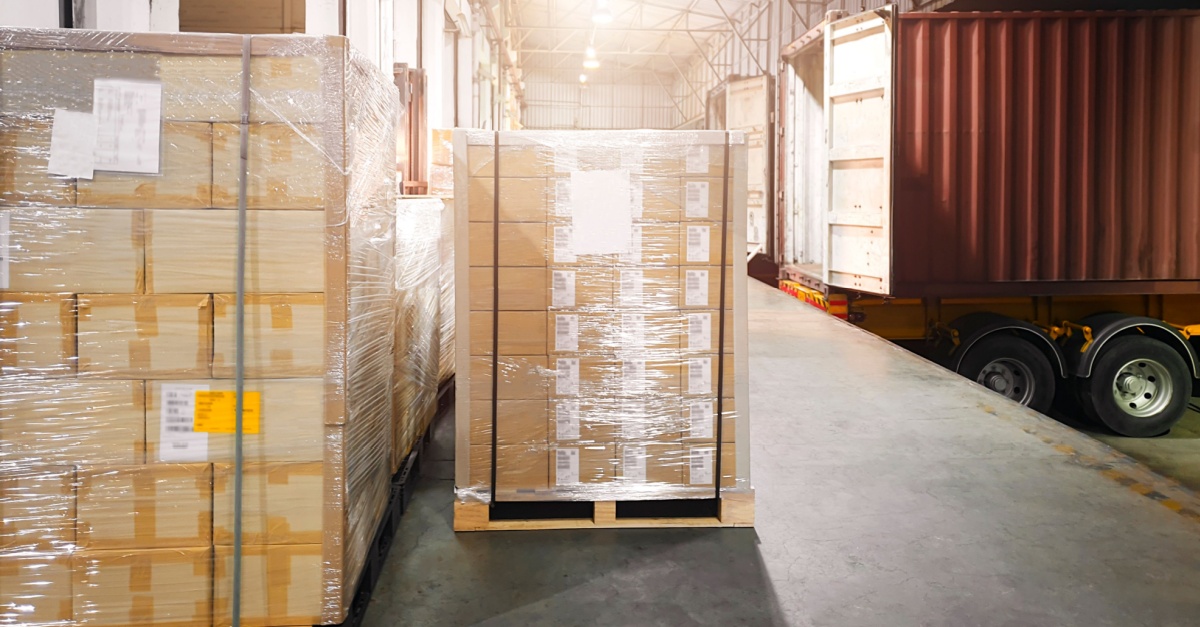In less-than-truckload (LTL) shipping, freight classification determines everything from rates and carrier selection to how claims are handled. July updates to the National Motor Freight Classification (NMFC) system, maintained by the National Motor Freight Traffic Association (NMFTA), have been called the biggest changes to LTL pricing in 30 years.
As more LTL loads these days “cube out” a truck before they “weigh out” in the e-commerce era, the NMFC is shifting away from static commodity codes toward a more dynamic, density-based framework.
For shippers, these changes can mean unexpected cost swings, documentation challenges, and reclassification disputes. Understanding what’s changed and how to adapt, especially given current market volatility, is essential to protecting margins and maintaining compliance.
What the NMFC Is and Why It Changed
The NMFC assigns each commodity a specific class based on four key factors: density, handling, stowability, and liability. These classes determine the freight rate carriers charge for LTL freight. Historically, commodities were grouped by type, for example, metal furniture or paper products. But today’s materials, packaging innovations, and automation trends have blurred those lines.
The NMFTA’s 2025 updates are designed to make the system more equitable and reflective of real-world shipping practices. Its move toward density-based classification more accurately represents how freight occupies space and weight in a trailer.
These changes aim to simplify classification and reduce disputes, but they also create challenges for shippers that rely on outdated codes or static assumptions. Even a slight misclassification can alter a shipment’s cost, delay billing, or trigger reclassification penalties.
Key NMFC Changes Affecting LTL Shippers
Several recent updates have redefined how certain freight is handled under NMFC rules. Among the most significant are:
- Consolidation of commodity classes under density-based guidelines, requiring shippers to calculate and declare accurate density for formerly fixed-class items.
- Updated packaging and crating standards for fragile, high-value, or irregularly shaped goods.
- Revised definitions for mixed or nested freight, changing how combined shipments are rated.
- Density verification requirements replacing certain default class codes that no longer apply.
These adjustments affect the bill of lading but also ripple through every part of the logistics process:
- Freight class assignments influence rate quotes and negotiated tariffs.
- Freight bill accuracy determines whether carriers accept declared classes or reclassify after inspection.
- Claims liability depends on proper classification, especially for fragile or regulated goods.
Wicker Park Logistics, a woman-owned logistics company and WBENC Certified Business, helps shippers keep on top of these updates. We ensure that every shipment is properly classified and compliant before pickup, reducing costly disputes and protecting your freight budget.
The Ripple Effect: How Misclassification Impacts Cost and Compliance
Even small NMFC errors can set off a chain reaction. A single incorrect class could trigger a reclassification, increase rates, or a delay in billing. If weight and density don’t align with carrier documentation, the shipment may be flagged for audit, slowing payment cycles or leading to additional fees.
For example, a shipper still using an outdated classification for molded plastics might face a surprise rate increase after a carrier reclassifies the freight under the new density-based rule. Automated carrier systems are detecting these inconsistencies faster than ever, resulting in more frequent reclassifications and less room for manual negotiation.
That’s why proactive auditing, continuous training, and updated TMS integration are now critical to managing LTL freight. Wicker Park Logistics functions as an extension of your logistics team, validating NMFC data across every shipment to ensure consistency, compliance, and cost control.
How Wicker Park Logistics Helps Shippers Stay Ahead
Wicker Park takes a process-driven approach to managing NMFC updates. Our team continuously monitors NMFTA bulletins and carrier notices, updating classification data and rating logic in real time.
Our dynamic freight rating tools automatically apply new classification rules, eliminating guesswork and ensuring your quotes remain accurate and defensible. In addition, Wicker Park provides collaborative support and education, helping shippers’ internal teams stay informed and aligned with current NMFC practices.
This proactive approach delivers measurable value:
- Fewer reclassification disputes and billing adjustments.
- Greater accuracy in rate quoting and budgeting.
- Stronger carrier relationships built on transparency and trust.
By combining compliance with cost optimization, Wicker Park Logistics turns regulatory change into operational stability.
Looking Ahead: Building a Smarter LTL Strategy
In this new environment of market-driven, density-based LTL pricing, the impacts on shippers will be significant if you don’t get ahead of it. While some carriers are downplaying it as “not a Y2K moment,” reports are already surfacing of freight reclassification charges of $30 to $50 an invoice, as well as new LTL accessorial charges. And yet more classification changes are on deck from the NMFTA. This is why education and finding the right logistics partner are key to minimizing risk.
Wicker Park helps you embed NMFC awareness into your overall LTL strategy, aligning technology, expertise, and process control. From accurate density calculations to up-to-date TMS data and carrier collaboration, our solutions help you stay compliant, reduce costs, and maintain control in a shifting regulatory environment.
In addition, we can handle any kind of land transportation services you need, from full truckload (FTL) to flatbed, reefer, intermodal, hazmat, oversized/over-dimensional, and more.
Partner with Wicker Park Logistics to simplify your LTL management, navigate NMFC updates with confidence, and protect your bottom line in a changing freight landscape. Get a quick quote today.















